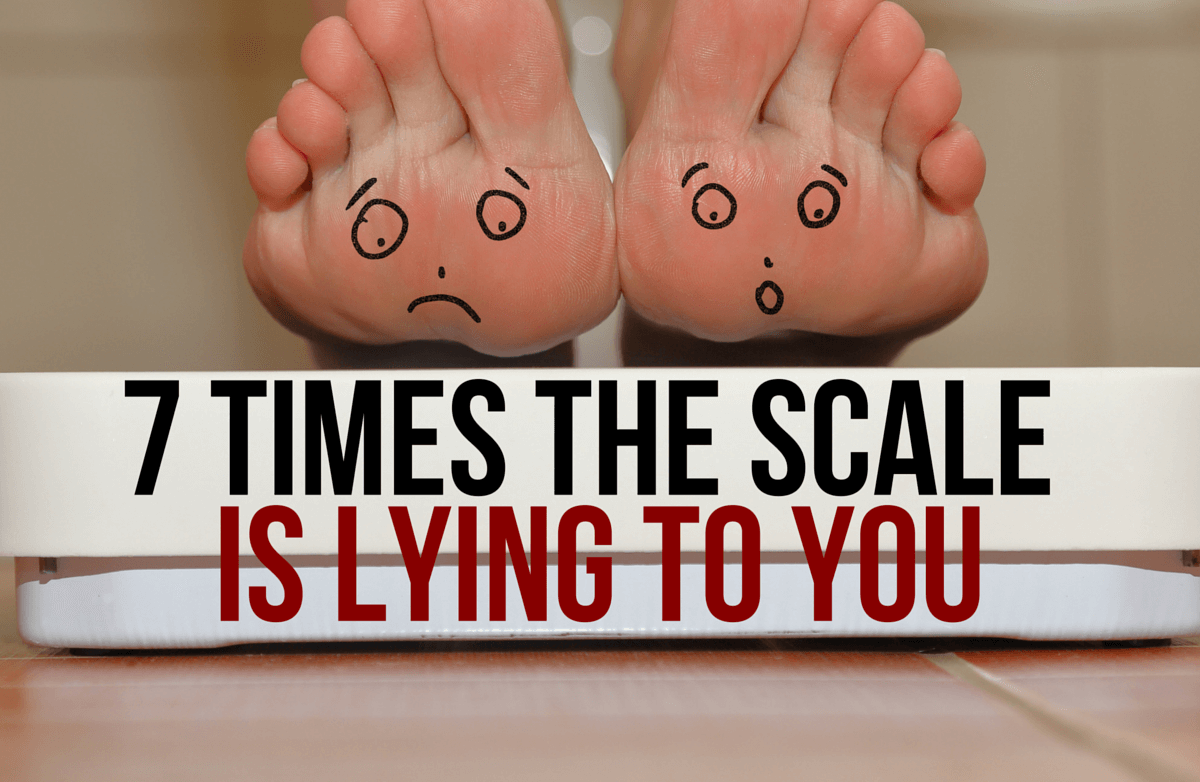When I tell people that I practice and teach yoga, I hear one of two responses from those who've never tried it:
-
"I always wanted to try yoga."
-
"I could never do yoga because I can't (insert physical limitation here)."
My answer is always the same: "You should do yoga!"
It doesn't matter if you can't touch your toes. (I know many a yogi who have never touched their toes). It doesn't matter if you're not flexible, if you're not strong, not patient, not able to sit still. Everyone starts somewhere. Most people who have a regular yoga practice started right where you will--from the beginning. They're not dancers, not gymnasts, and not "yogis." They're just people who wanted to give yoga a try. They wanted to control their breathing, move their bodies, and find even a few moments of peace in this crazy life.
You should try yoga. You (yes, you!) should do yoga. You (I'm still talking to you!) should practice yoga. And I'm about to tell you why.
The yoga I practice is hard, mentally and physically. Ashtanga yoga combines strength, cardio, and flexibility, and most practices last 75 to 90 minutes. By the end, I've given everything I have. My muscles are exhausted, my mind pushed to the limit, and my body drenched in sweat. "Each morning, this practice rips me to pieces and rebuilds me stronger than ever," I told a friend last week.
When I started this practice five years ago, I was anxious. I was unhappy. I was flexible but not strong. I had never run a mile and certainly never imagined I would run half-marathons. I had never turned upside down. And I certainly couldn't hold up my own body weight using my upper body. I couldn't even do a single "chaturanga" (yoga/triceps pushup). Back then, my anxiety was so severe that I often couldn't make it through an entire class. I had to excuse myself to the bathroom to catch my breath and calm down. (But wait--wasn't yoga supposed to calm me down? Not to worry--it did, but not immediately.) Today I'm stronger than ever inside and out. If I can do it, so can you.
You don't have to do yoga my way. You don't have to practice daily, and if you do, you don't have to stay on your mat for a prescribed amount of time. All you have to do is show up and breathe. That's all. Movement is optional.
No matter your age, your physical capabilities, your current weight or your fitness goals, you should be doing yoga. (Talk to your health-care provider, especially if you suffer from any medical condition. I'm just a yoga teacher not a doctor.)
One of my teachers, Lewis Rothlein, says at the end of each class that "you can't do this enough. You can't do this too much." Whether you're taking one yoga class a week, spending five minutes mindfully stretching each morning, or doing something more, your body and mind will thank you.
Let's talk about why you (yes, you!) should do yoga*--as little or as much as you want.
-
Less anxiety and a better mood. A 2010 study found that practicing yoga just three times a week increased levels of chemicals in the brain that help combat anxiety and depression.
-
Less stress. An Ohio State University study found that long-term yoga might help you recover from stressful events more quickly.
-
Better control over medical conditions affected by stress. Researchers earlier this year theorized that yoga may be effective in treating patients with stress-related psychological and medical conditions such as depression, anxiety, high blood pressure and cardiac disease.
-
Better management of rheumatoid arthritis. Patients suffering from rheumatoid arthritis reported significant improvements in their quality of life after starting a gentle yoga practice.
-
Better balance. The American Heart Association journal Stroke reported that post-stroke yoga may be able to improve balance, decrease fear of falling, and improve quality of.
-
Less back pain. Back pain affects 31 million Americans (myself included), and it's recommended by the National Institutes of Health as a way to ease pain and stretch muscles. A study funded by the National Center for Complementary and Alternative Medicine (NCCAM) found that after six months of yoga, those suffering from low back pain had significantly less pain, disability, and depression. And another study found that just 12 weeks of yoga had a greater effect than standard medical care in those who suffered chronic or recurring back pain.
Whatever ails you, yoga can help. Other studies have linked yoga with improvements in the symptoms of Parkinson's disease, carpal tunnel syndrome, multiple sclerosis, migraines, and more.
Yoga has also been linked to:
Whether you work out with a DVD, seek out a class in your area, or give it a go on your own, yoga can help you! Just remember what really matters in your yoga practice! Even Coach Nicole, who once confessed to being a yoga dropout now practices weekly!
See you on the mat. Why do you practice yoga? If you've not yet tried yoga, how could it benefit you?
If you're new to yoga, you might like to read:
*Will you experience any or all of these health benefits? There's only one way to find out! Give yoga a try--after talking to your health-care provider.






















